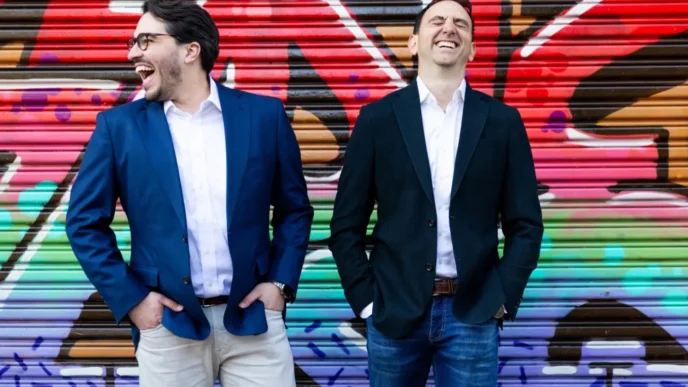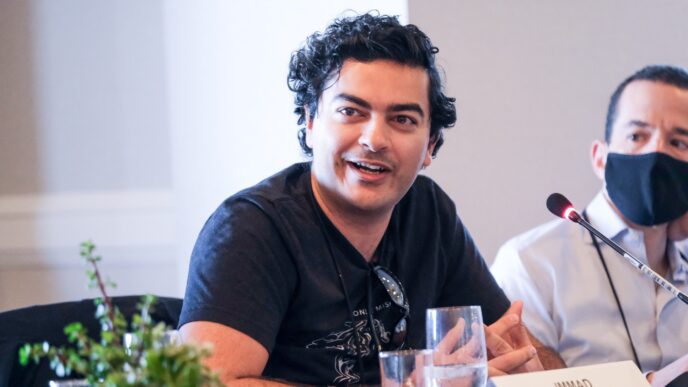Plenty, the once high-flying vertical farming startup backed by some of the world’s biggest investors, has officially filed for bankruptcy. In a press release on Monday, the South San Francisco-based company confirmed the filing and announced it secured $20.7 million in debtor-in-possession financing to support a proposed restructuring plan.
Despite the bankruptcy move, Plenty says it will continue operating its commercial strawberry farm in Virginia along with its plant science research and development center in Wyoming. The company’s latest funding is designed to keep essential operations running as it navigates Chapter 11 bankruptcy protection.
Plenty had ambitious plans to revolutionize agriculture through vertical farming technology, growing produce in climate-controlled indoor farms stacked in layers. Since launching in 2014, the company raised nearly $1 billion from high-profile investors, including SoftBank Investment Advisers, Walmart, and Bezos Expeditions. Jeff Bezos also personally backed the startup as an angel investor, signaling the company’s once-promising future.
By January 2022, Plenty reached a $1.9 billion valuation after raising $400 million in a Series E funding round, according to PitchBook data. However, even with that level of capital, the company struggled to overcome the mounting operational challenges plaguing the vertical farming sector.
The broader agtech industry has witnessed several high-profile collapses in recent years. Just last November, reports emerged that fellow vertical farming unicorn Bowery Farming was shutting down operations despite raising over $700 million. Bowery had once been valued at $2 billion in 2021.
Similarly, AeroFarms, another major player in vertical farming, filed for bankruptcy protection in 2023 after raising more than $300 million from investors. However, AeroFarms eventually managed to exit bankruptcy later that year after securing additional funding.
AppHarvest, a once-promising agtech startup, also suffered the same fate. The company raised over $700 million and went public in 2021 at a $1 billion valuation. Yet, by 2023, it filed for Chapter 11 bankruptcy protection as financial pressures mounted.
Plenty’s bankruptcy filing now adds to the growing list of vertical farming ventures struggling to stay afloat. While the sector once attracted billions in venture capital betting on its potential to transform food production, the capital-intensive nature of running large indoor farms has proven difficult to scale profitably.













